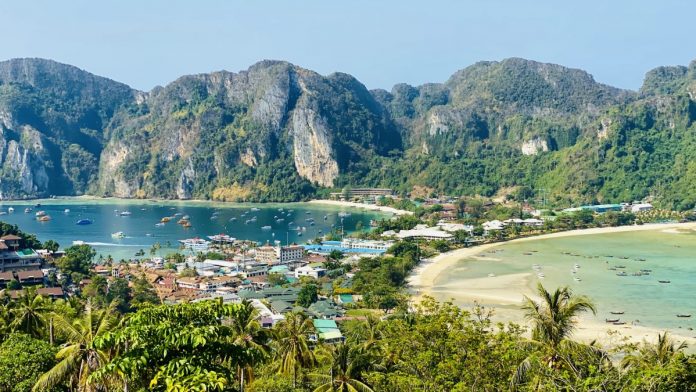The Prime Minister of Thailand has recently unveiled a new strategy named “SMILE”, which aims to ensure the sustainable development of Thai tourism. The prime minister stressed that the strategy is a stepping-stone towards Thailand’s goal of becoming a major medical tourism destination, which would help boost the economy.
Thailand has economic problems, so tourism has moved from being useful to desperately needed.
The government wants the tourism industry to contribute 30% of Thailand’s GDP by 2030, up from 20% pre-Covid-19.
The Tourism Authority of Thailand forecasts 7-10 million foreign tourists will arrive in 2022 but has no estimate for medical tourists within that broad figure. Thailand received 40 million tourists before the pandemic in 2019.
“SMILE” stands for:
- S – Sustainability in all aspects.
- M – Manpower: Boosting skills of tourism workforce to international standard.
- I – Inclusive economy: Ensuring that all sectors of economy are included in the tourism industry.
- L – Localisation: Promoting the uniqueness of communities as tourism attractions.
- E – Ecosystems: Promoting eco-tourism and the local environment.
Thailand has yet to explain how the strategy will change a medical tourism sector based on ultra-low cost and high numbers.
One potential target market for Thailand is Russia. While Europe has closed its air connections with Russia, planes from Russia can fly to Thailand. Russian travellers are set to increase from 10,000 in 2021 to 435,000 in 2022, according to travel analysts.
For this approach to be successful, it will be essential to increase direct flights from Russia and also to ensure that payments are possible and taken into account in tourist locations, as Russian banks have been expelled from the Swift system. Thai banks had shown interest in the Russian proposal to introduce the Mir payment system for Russian travellers in Thailand.
Thailand is ready to fully reopen its borders to international tourists this year, without the need for a negative PCR test before departure.








 ©2024 All rights reserved LaingBuisson
©2024 All rights reserved LaingBuisson 


